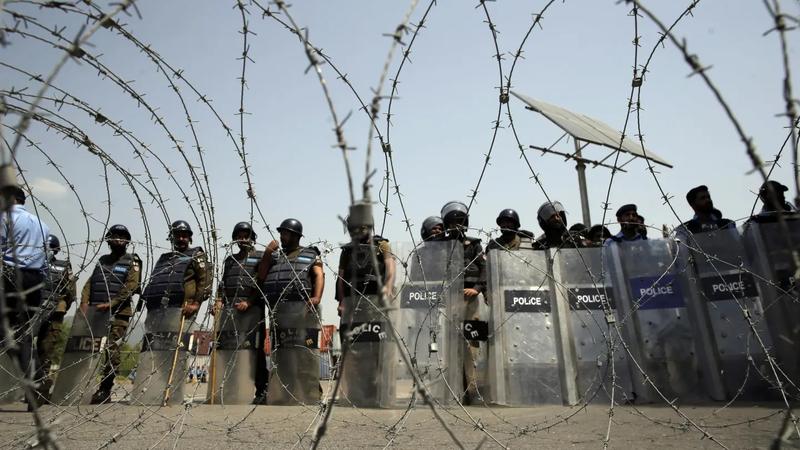Published 03:20 IST, May 9th 2024
Rawalpindi Incident: Pakistan's Fragile Democracy and Cry for Freedom from Army Interference
Allegedly instigated by elements sympathetic to the ruling PTI party, the assault highlighted grievances over military interference in governance.

Allegedly instigated by elements sympathetic to the ruling PTI party, the assault highlighted grievances over military interference in governance. | Image:
AP
- Listen to this article
- 3 min read
Advertisement
03:20 IST, May 9th 2024




